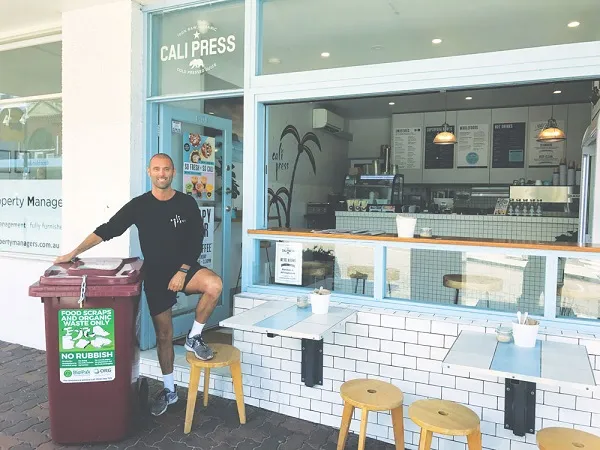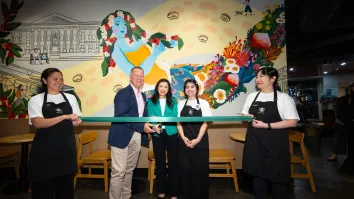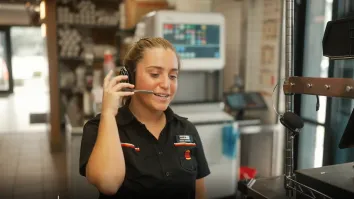
BioPak explores solutions to the recycling crisis
With a growing number of businesses choosing to use compostable packaging and more commercial composters keen to accept these products along with food waste, businesses are able to go plastic-free and keep valuable resources out of landfill.
(Editor's Note: The article below is written by BioPak.)
Last year, the introduction of China’s “National Sword” policy completely disrupted the Australian recycling industry, with the country declaring that it would no longer accept co-mingled recycling. As a result, Australian local kerbside recyclers are now left with materials that cannot be shipped offshore for recycling.
The heydays of exporting to China have ended. And, to add to this dilemma, alternate offshore markets for post-consumer waste recycling such as Vietnam and Thailand are also no longer accepting these materials due to a lack of processing facilities, leaving Australia caught out with no plan B.
Recently, local waste management business SKM Recycling landed themselves in hot water with their storage facilities being shut down due to fire risk. And while the facility has now reopened, the result is a recycling crisis that resulted in councils dumping recyclables in landfill every day.
In Melbourne, recycling has come to a standstill with many councils now sending business and household recyclable materials to landfill, with as many as 30 councils faced with an unprecedented waste crisis with no available path to process and recover materials disposed of in kerbside co-mingled recycling bins
Simply put, Australia does not have sufficient recycling processing infrastructure in place to process recyclable materials disposed of in household recycling bins.
What makes this situation even more disappointing is that consumers want to do the right thing and reduce their waste to landfill — they’re still separating recyclables from general waste expecting the waste and recycling industry to ensure they do not end up in landfill.
The government, councils and the waste industry are still seeking a long-term solution and whilst we don't have a solution for all waste streams, we believe we have a commercially viable, practical and sustainable solution for food service packaging with commercial composting.
What is commercial composting?
With a growing number of businesses choosing to use compostable packaging and more commercial composters keen to accept these products along with food waste generated by the industry, businesses are able to operate more sustainably by reducing the amount of waste going to landfill— this is a locally available solution that is addressing not just foodservice packaging but also growing rapidly to deal with the millions of tons of organic waste Australia currently send to landfill.
Commercial composters currently service many councils across the country mostly processing garden and commercial organic waste. The resulting compost is used in the agricultural and horticultural industries returning nutrients and contributing to the improvement of the soil.
It’s the co-mingled, one-bin, circular economy solution that Australia needs right now.
So what can you do about it?
- Find out if the BioPak Compost Service is available in your area or if your local council area has commercial composting infrastructure
- Look for the Compostable Packaging certification logo (AS 4736)
- Bring reusables if you can, choose compostable packaging when you can’t
- Dispose of compostable packaging, food scraps, and organic waste in one bin
- Turn your compostable packaging, food scraps and organics into compost
Change is in your hands.
Photo credit: CaliPress Bronte, NSW/Supplied

























